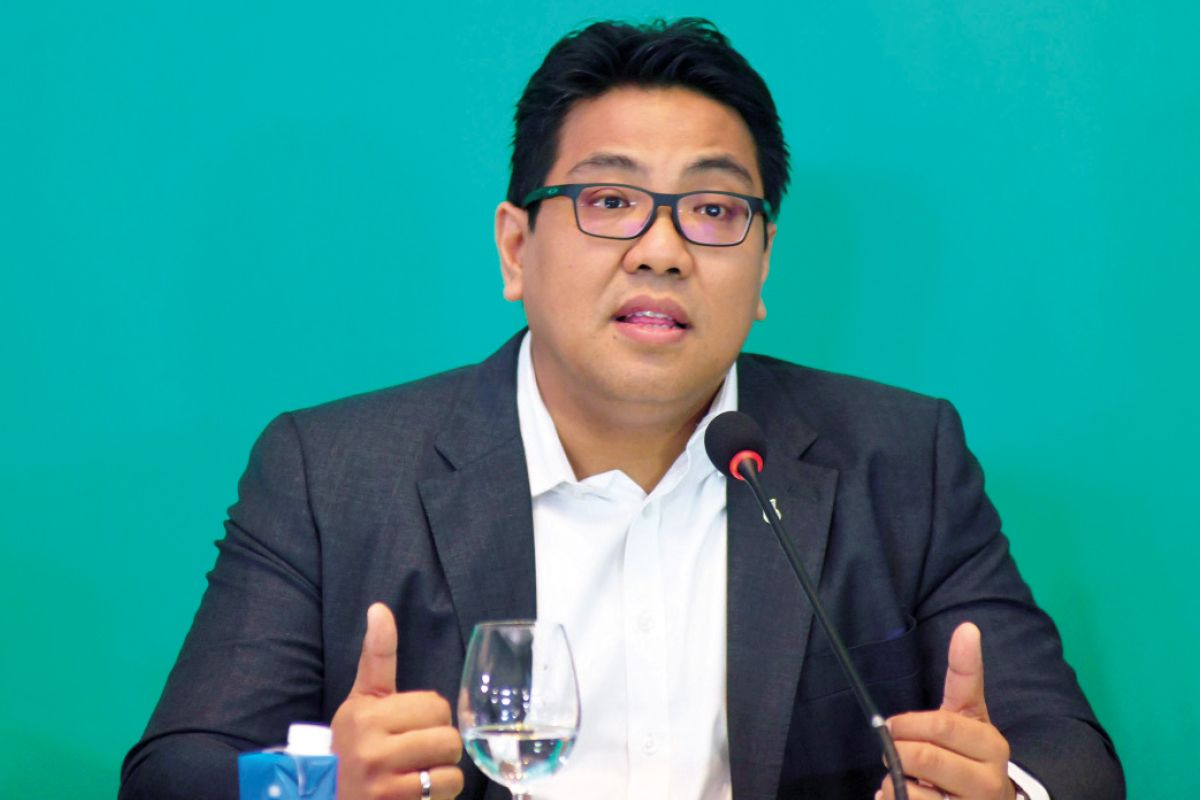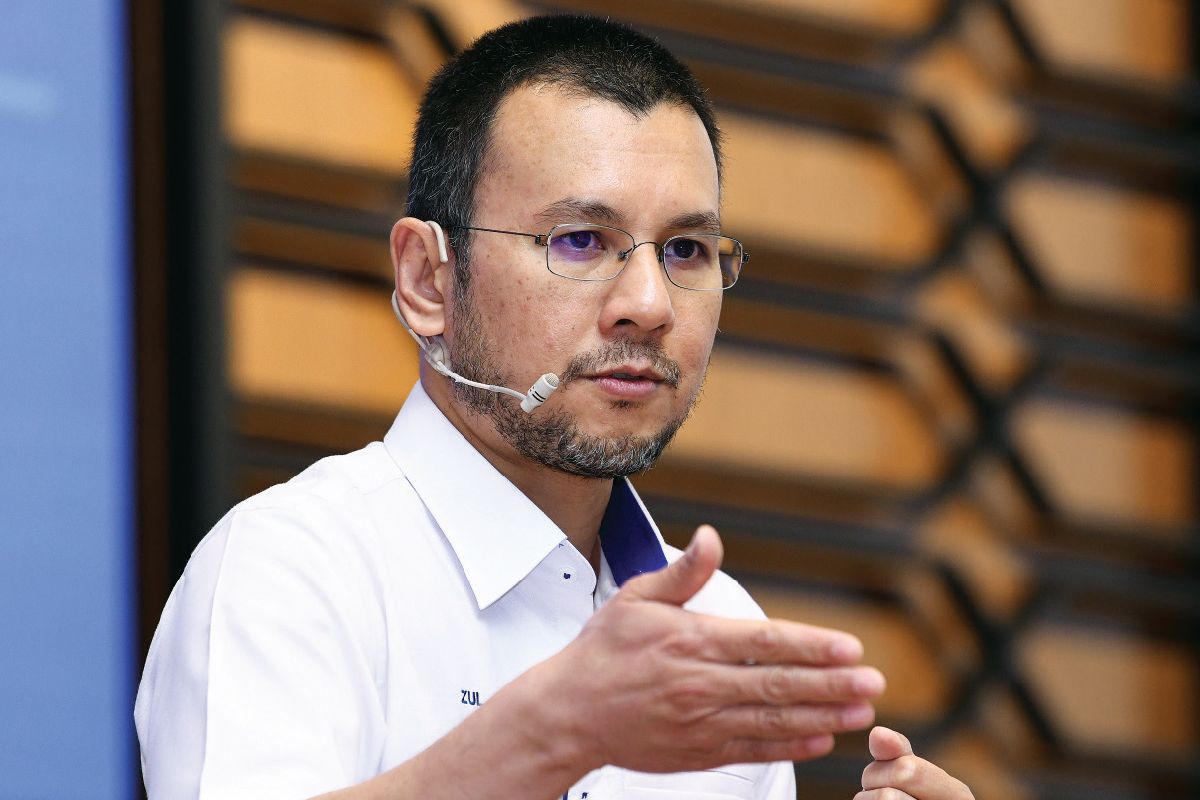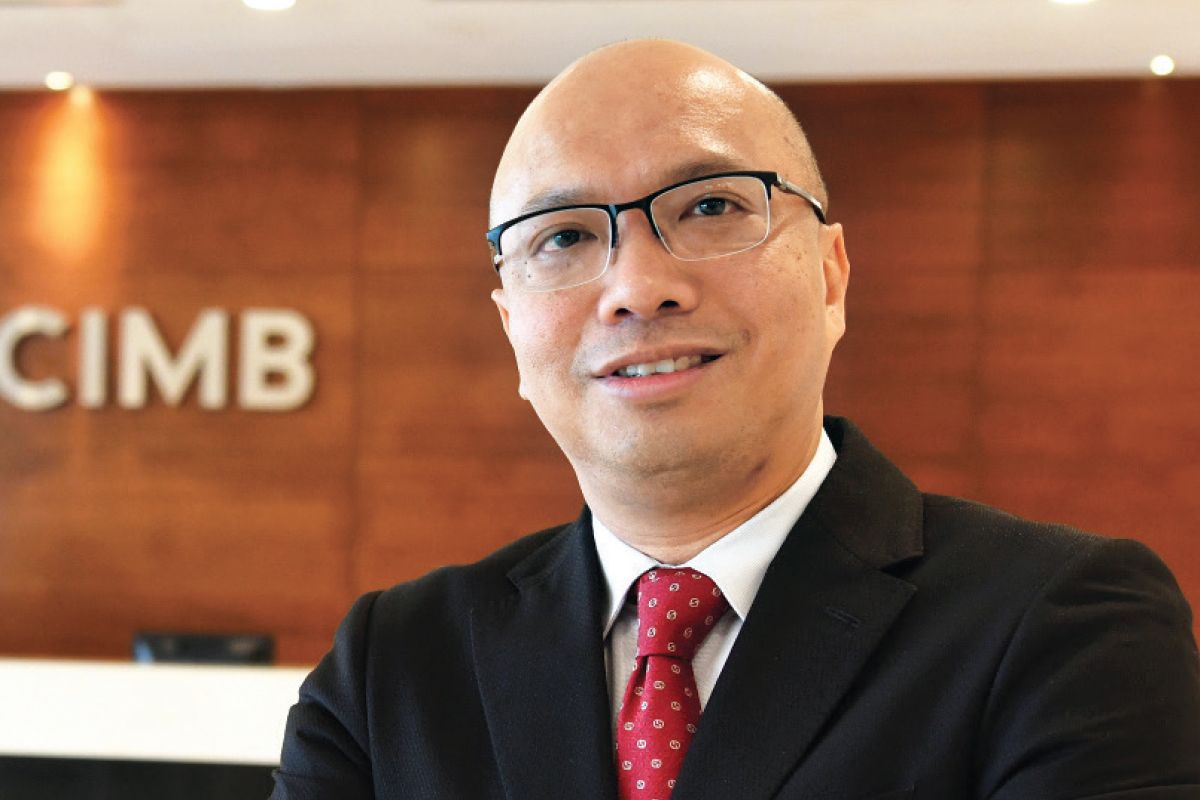This article first appeared in The Edge Malaysia Weekly on December 30, 2024 - January 12, 2025
Changes in the leadership of government-linked companies or investment funds have been frequent in recent years, given the many changes in government. Stability seems to have returned, but challenges remain.
Tan Sri Tengku Muhammad Taufik
President/CEO of Petroliam Nasional Bhd (Petronas)
The year 2024 is the toughest year for Tan Sri Tengku Muhammad Taufik since he took the reins as president and group CEO of Petroliam Nasional Bhd (Petronas) in July 2020.
The fall in Brent crude oil, which started in the second quarter from a peak of US$91.17 a barrel to around US$73, is probably something he is less worried about, given the unprecedented challenge that he is facing at home, where the national oil firm makes most of its profit.
Simply put, Petronas’ lucrative profits are under threat as Sarawak is pushing harder to gain a bigger control of the state’s hydrocarbon resources, among others.
Meanwhile, like other international oil majors, Petronas is incurring higher borrowing costs as investors and banks are more envirionmental, social and governance (ESG) conscious. Consequently, the need for the group to conserve financial resources arises, while it shoulders the responsibility of replenishing the nation’s coffers. Furthermore, it ought to ensure enough money is available for capital expenditure and investments for future growth.
On Dec 23, KLCC (Holdings) Sdn Bhd, the property arm of Petronas, announced it had taken over the sizable 200ha land that was the site of the Royal Malaysian Air Force base on Jalan Sungai Besi, Kuala Lumpur, from Bandar Malaysia Sdn Bhd, an indirect wholly owned unit of the Ministry of Finance. The transaction price was not disclosed.
In July, Sarawak — the biggest gas producer in the country — made known that Petroleum Sarawak Bhd (Petros) wanted to be the sole natural gas aggregator in the state, pointing out that the state should have greater control of its oil and gas (O&G) resources under the Malaysia Agreement 1963 (MA63). Should that happen, all natural gas produced in the state will be sold to Petros, instead of Petronas.
The news sent a shockwave across the board, affecting Petronas, foreign oil majors involved in developments in Sarawak and the liquefied natural gas (LNG) importer in the Far East.
Petronas maintains that the Petroleum Development Act 1974 (PDA), which established the national oil firm to safeguard Malaysia’s hydrocarbon resources, should take precedence. Under the law, which was agreed upon by Sarawak’s former chief minister Tun Abdul Rahman Ya’kub, oil proceeds would accrue to Petronas, but both Sarawak and the federal government are entitled to 5%.
The negotiation with the Sarawak government, which has 23 parliamentary seats, is no easy feat. The talks have ended, according to Prime Minister Datuk Seri Anwar Ibrahim, and Petros and Petronas are ironing out the details, parameters and legal implications.
Will Taufik be able to defend Petronas’ profitability and PDA? This uphill task will be a true test of his leadership, one that his predecessors never faced. — By Kathy Fong
Datuk Abdul Rahman Ahmad
President and CEO of Permodalan Nasional Bhd
About four years after he left Permodalan Nasional Bhd (PNB) to join CIMB Group Holdings Bhd (KL:CIMB) as CEO and executive director in June 2020, Datuk Abdul Rahman Ahmad once again found himself in a game of musical chairs involving government-linked investment companies and government-linked companies.
In July 2024, he was appointed as president and group CEO of PNB, which is the controlling shareholder of Malayan Banking Bhd (KL:MAYBANK), for the second time. The 55-year-old, who has a master’s degree from the University of Cambridge, took over from Ahmad Zulqarnain Onn who left to head the Employees Provident Fund (EPF).
This time, however, Abdul Rahman’s office is located in a new skyscraper, Merdeka 118, in the older part of Kuala Lumpur. Merdeka 118 is the expensive commercial property project Abdul Rahman had to defend during his first stint at PNB in the middle of a severe office space oversupply.
Some view his return to PNB as a form of national service, given the pay cut. He had left the fund in 2019 when his three-year term expired.
As 2024 drew to a close, Abdul Rahman surprised Amanah Saham Bumiputera (ASB) unitholders by declaring a distribution of RM10.1 billion (or 5.75 sen per unit), the highest since 2018.
ASB’s distribution rate had lagged behind EPF’s since 2019. For example, in 2023, it paid 5.25 sen per unit (income distribution of 4.25 sen per unit and bonus of one sen per unit) compared with the EPF’s 5.5% payout.
During his first term, PNB was in the process of a five-year transformation plan that he helped to draft and implement. One of the targets was to hit RM350 billion in assets under management (AUM) by 2022.
The latest distribution will be key in drawing fresh money to investment funds managed by PNB.
But a high distribution, no matter how welcome, cannot be a one-off event if PNB wants to grow its AUM and make it a savings tool for the Malaysian public. Furthermore, EPF has introduced Account 3, which permits flexible withdrawals before the unitholder turns 55. It would be interesting to see if that feature will draw investment money away from PNB.
PNB’s mandate is to enhance the economic wealth of the bumiputera community and all Malaysians, for the prosperity of the nation.
With Abdul Rahman’s return, the over 13 million account holders at PNB’s unit trust management company Amanah Saham Nasional Bhd are undoubtedly watching his moves.
In addition, many are curious about how he will monetise PNB’s real estate portfolio, which consists of Menara Maybank and its old headquarters near Jalan Tun Razak, among others. — By Adam Aziz
Save by subscribing to us for your print and/or digital copy.
P/S: The Edge is also available on Apple's App Store and Android's Google Play.
- 50,000 Malaysian jobs at risk, business chamber warns as it calls for urgent US tariff mitigation council
- Malaysia refutes 47% US import tariff claim, takes measures to prioritise well-being of businesses and people
- Trump hits China tariff retaliation, says policy will remain
- China retaliation on US farm goods hits soybeans, bolstering Brazil
- Wall Street rout drags Nasdaq near bear market
- ‘Worst-case scenario’ for tech wipes $1.4 trillion from Nasdaq
- Anwar says impact of latest US tariff on nation's economy still being assessed
- Tok Mat, Rubio discuss bilateral relations, Asean-US Special Summit date
- US solar’s hoarding habit will help blunt sting from Trump tariffs
- Wall Street rout drags Nasdaq near bear market




